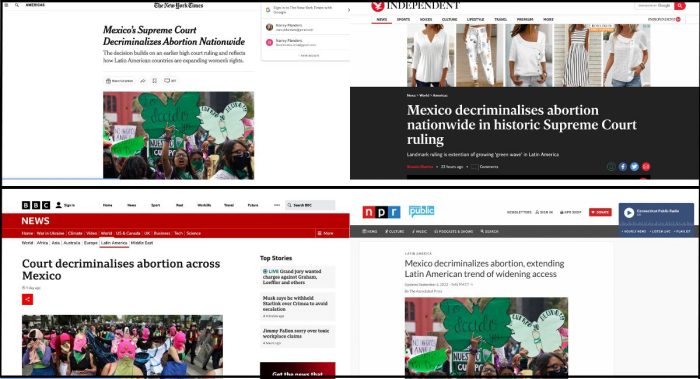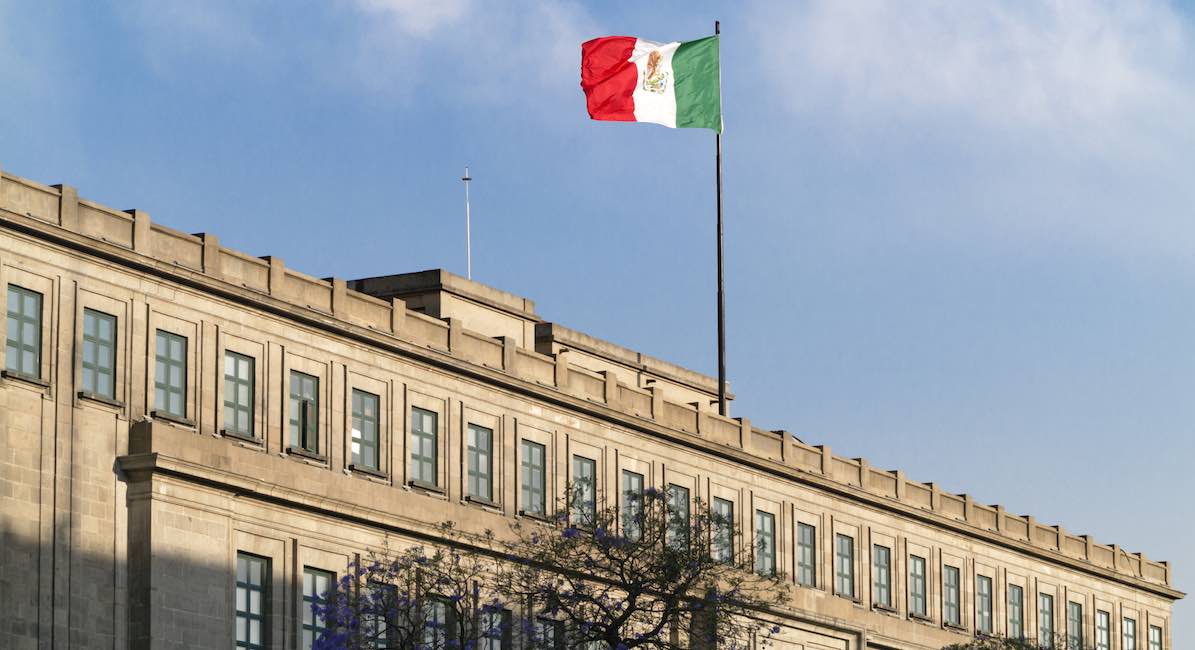The media has been heaping praise upon Mexico’s Supreme Court this week, claiming that its recent court ruling decriminalized abortion across the nation. A CNN correspondent even went so far as to claim that Mexico might now qualify as more of a “beacon of human rights and women’s rights” than America because some U.S. states have laws protecting the lives of preborn human beings.
But despite these seemingly endless media reports, Mexico’s Supreme Court may have decided that abortion should be decriminalized across the nation of Mexico — but it did not actually decriminalize it.
While certain Mexican states had previously decriminalized abortion, there are 20 states in the nation where abortion is still illegal.
Posting on X (formerly Twitter), the court reportedly “resolved that the legal system that criminalises abortion in the Federal Criminal Code is unconstitutional, as it violates the human rights of women and people with the capacity to gestate.”

Several news outlets incorrectly reported that the abortion had been decriminalized across Mexico.
Neydy Casillas, Esq., a co-founder of the Global Center for Human Rights, told Live Action News, “It’s important to note that the recent decision regarding abortion in Mexico does not apply to the entire nation. Each state has its own autonomy to legislate on this issue based on the desires of its people. If a state’s legislature votes to remove the provision that criminalizes abortion from its criminal code, abortion will be decriminalized in that state. However, states that currently protect preborn children in their laws will continue to do so until any changes are made.”
She added, “It’s important to remember that no one can force a state’s legislative branch to alter their laws, not even the Supreme Court. While we are still waiting for more information about the extent of this decision, it’s clear that the court does not have the power to change states’ laws, meaning that abortion is still illegal in Mexico. There may be some exceptions, but overall, it remains illegal.”
According to Casillas, Mexico’s legal system is based on Roman law, not common law. It is because of this that Mexico’s Supreme Court does not have the power to make changes to the criminal code. Such changes must come through the legislative branch.
Therefore, while the ruling from the Supreme Court is a step in the process of decriminalizing abortion, it does not change the criminal code. Each of the states that has decriminalized abortion through the state government has created its own rules regarding abortion as well.
“The abortion movement knows exactly what this decision means; they know abortion is still illegal,” said Casillas. “To claim [otherwise] is to deceive people and gain ground in the public discourse by discouraging those who might be willing to oppose and fight back. If people believe this is legal, they may give up.”








